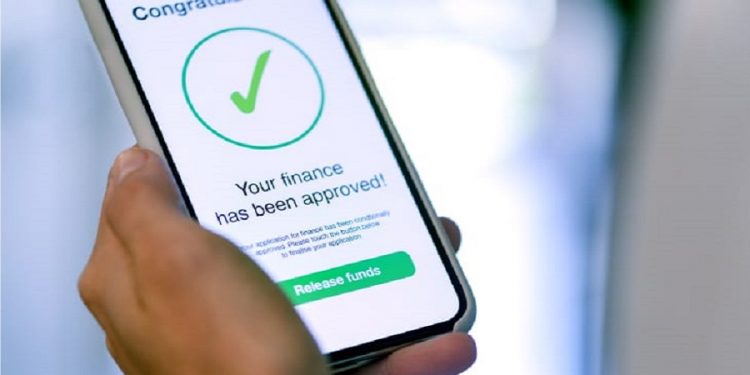As more Nigerians turn to consumer credit to manage the impact of a struggling economy, the need for a well-structured loan recovery system has become critical. Financial experts warn that without it, the country risks returning to primitive debt collection tactics like public shaming, which have proven both unethical and ineffective.
This concern was echoed by the Chief Executive Officer of Mida Technologies, a Nigerian loan recovery company, who stressed the importance of building a modern and empathetic recovery ecosystem. The rise in non-performing loans has already forced several financial institutions to shut down, undermining trust in the sector and weakening their ability to offer new loans to critical industries.
At the national level, rising loan defaults restrict the ability of banks to lend, forcing them to seek alternative and more expensive capital sources. These costs are ultimately passed on to consumers, who face higher prices for goods and services. This fuels inflation and weakens economic growth.
Figures from the Central Bank of Nigeria (CBN) show that as of December 2024, total consumer loans hit N4.12 trillion, with personal loans making up N2.39 trillion and retail loans amounting to N1.73 trillion. With reduced purchasing power, many Nigerians now rely on credit for basic needs, while businesses take loans to manage rising operational costs.
To address this, the Nigerian government established the Nigerian Consumer Credit Corporation (Credit Corp) to improve credit access. But as lending expands, so does the risk of default. According to the World Bank’s Nigeria Development Update, the ratio of non-performing to performing loans rose from 0.6 percent in October 2023 to 5.1 percent by October 2024; slightly above the CBN’s 5 percent threshold.
Analysis of the 2024 financial statements of seven major banks shows non-performing loans climbing from N1.21 trillion in 2023 to N1.57 trillion at year-end 2024. In response, financial institutions have implemented strategies like loan write-offs, loan purchases, and the use of global standing instructions that allow banks to directly debit accounts of defaulters. But industry experts argue more is needed — especially specialist loan recovery firms.
The CEO of Mida Technologies suggests that financial institutions should outsource loan recovery so they can focus on their core mandate of delivering financial services and products. He pointed to data from CRC Credit Bureau, which showed over 41 million Nigerians accessed loans in 2024 alone, with more than N470 billion disbursed in the last quarter of the year.
With inflation hovering at 24 percent, default risks are rising. But companies like Mida Technologies, which blend technology with empathy, are showing promising results. The company’s Chief Operating Officer said the use of artificial intelligence has helped them uncover behavioral patterns and predictive models that improve loan recovery outcomes.
However, she emphasized that Mida’s biggest strength lies in its empathetic approach. Instead of acting solely as debt collectors, the company works to help borrowers repay while reintegrating them into the financial system.
The firm’s Chief Revenue Officer noted that recovering even half of Nigeria’s non-performing loans could unlock substantial capital to boost the economy. She also highlighted that over 90 percent of current credit facilities are short-term loans for basic needs like school fees and rent. Recovery improvements could encourage lenders to expand into long-term credit offerings like mortgages and car loans, driving deeper economic impact.
As Nigeria seeks to build a sustainable credit economy, firms like Mida Technologies may play a pivotal role in ensuring that recovery methods are not only effective but also humane; setting the stage for broader financial inclusion and resilience.










